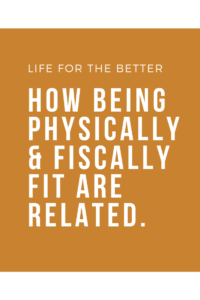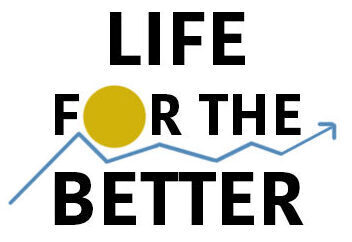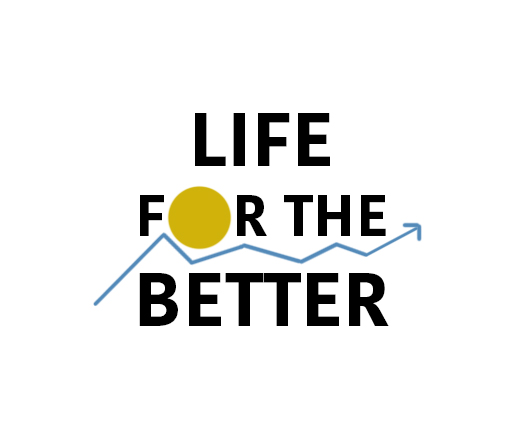I was recently in the gym and thought about how being physically & fiscally fit are very much related. There are quite a few parallels between the two. Here’s what I’ve come up with so far:
-
Keep it slow and steady
- Building wealth takes time just like being physically fit takes time. One cannot expect to get rich quick with certain schemes. The same can be said for physical fitness. One cannot get physically fit quickly without the help of steroids (not recommended).
-
Do what works for you
- Stick with a plan. Whether it is a diet or investing, do what works for you. That’s why it is called personal finance, because it is, well… personal. According to Psychology Today, the best diet is the one you’ll stick with.
-
Commit to discipline
- Sticking to a workout takes discipline to actually make it a habit. I’m sure you’ve heard these complaints before in regards to workout regimens: “this is too hard,” “my muscles hurt” and “I can’t eat like this.” Think back to your New Year’s Resolution. Sound familiar? Read our article on 30 Steps to a Better Life – A New Year’s Resolution.
- Overcoming debt and achieving financial freedom takes discipline as well. Setting a budget and actually sticking to it day in and day out will have its struggles but it will be worth it!

-
Make it competitive
- Find ways to save an extra $5 a day. That’s $1825 extra a year! This could be achieved by simply not having coffee at Starbucks every day. It could mean bringing your own lunch to work instead of going out. By making your finances competitive, you start to see results faster. You could even link your fitness goals to your finances. For example, for every 1 pound that you lose, that means $5 in guilt-free pleasures.
-
Stay accountable for your actions
- Finance and fitness both hold you accountable for your actions. Both will show immediate feedback. Your bank account will show either an uptick or downward trend just like your scale.
-
Track your progress
- When you start a workout regimen, you want to know your progress, right? Seems like common sense. The same goes for being financially fit. We should check in on our finances from time to time. One thing I personally like to do is to find a workout program that is 4-8 weeks long. At the end of a program, I track my finances. I know that if I check my finances every day, I will be more apt to be emotionally attached versus trusting the process.

-
Reap mental benefits
- By becoming financially independent, you start to have less stress in your world. You tend not to worry as much about little purchases or how to make rent for the next month. You can take that trip you’ve always wanted to! Not having to work extra around the office will also allow you more time to do the activities in life that truly make you happy.
- Working out and seeing progress in the mirror has mental benefits that make you feel great about yourself. Exercise has been proven to lower anxiety and stress levels, promote concentration, improve your mood, help your memory and more.
-
Caloric intake vs budget
- Finally, comparing fitness and finance can be seen linked together with a budget versus caloric intake. Having only so much money to spend on rent/mortgage, car, groceries etc. is the same idea as eating X amount of calories per day. Your body has a budget on its energy needs just as your wallet has a budget on its money needs.
What do you think? Do you see these parallels in your finance and fitness goals? Let us know! I hope these tips – and acknowledging these connections in your physical and fiscal lives – makes your life a little bit better.

Follow Our Journey At
We use Personal Capital to track our net worth. We simply connect our assets and it tracks everything for us! Our net worth, cash flow, budget, investment fees, retirement planner, and more are tracked through this site. It’s completely free too! Sign up for free and receive $20 when you open an account!











